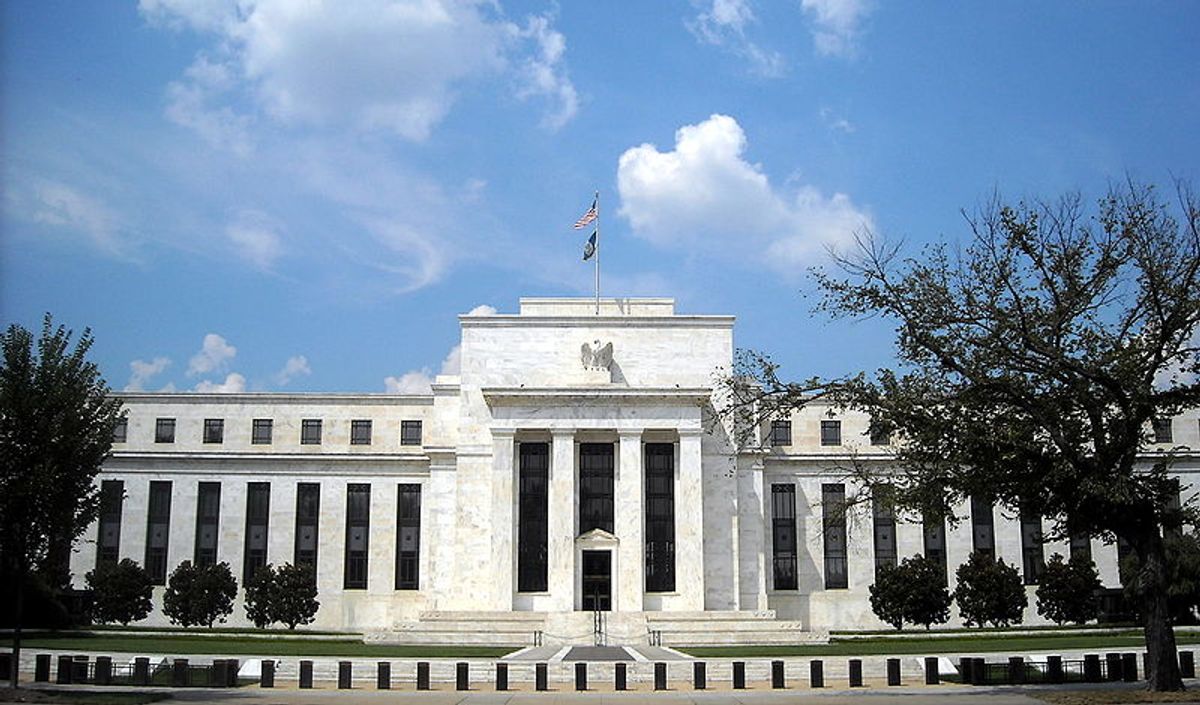That’s why I found the most recent announcement from one of the twelve regional Federal Reserve Banks, in this case the one in Dallas, that it was going to be hosting a one-day seminar on how nanotechnology is going to impact electronics, somewhat disturbing. "Sizing Up Nanotechnology: The Economic Impact of Nanoelectronics" as its called will assemble experts from around the country to speak on December 3 in Texas and have them address:
- What radical innovations might remove the circuit size constraints facing today’s semiconductor industry?
- How will nanoelectronics drive productivity, output and export growth in the U.S.?
- What conditions are needed for the industry to maximize its potential?
I think I have an inkling of what these talking points might mean, but I have to confess phrases like “remove the circuit size constraints” have me scratching my head. And I have to ask what “industry” are they referring to when they ask what conditions are needed for it to maximize its potential.
However, I really became confused when they proffered that “Nanoelectronics has the potential to replace the semiconductor.” I guess I just don’t know what they mean by “nanoelectronics”, or for that matter “semiconductor”.
But I am sure the assembled experts will clear this up. I just trust that they can avoid the reading of the economic tea leaves that led them to believe there was no housing bubble.
Dexter Johnson is a contributing editor at IEEE Spectrum, with a focus on nanotechnology.




